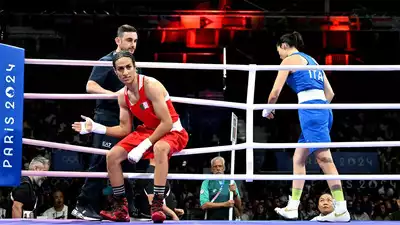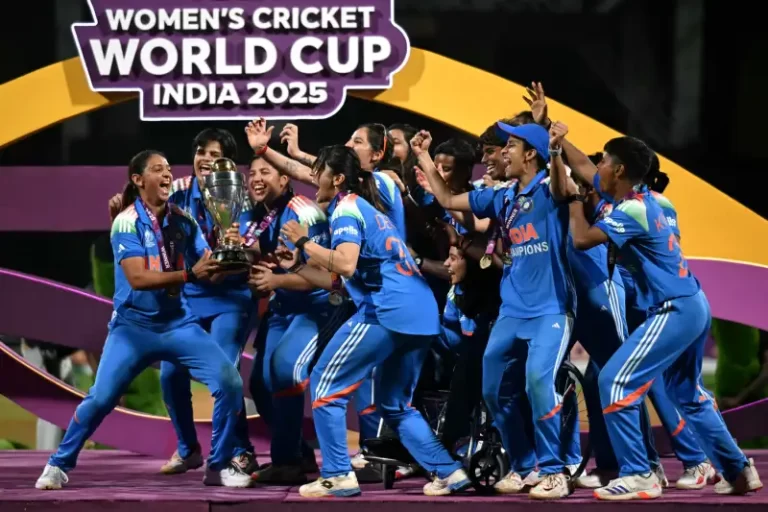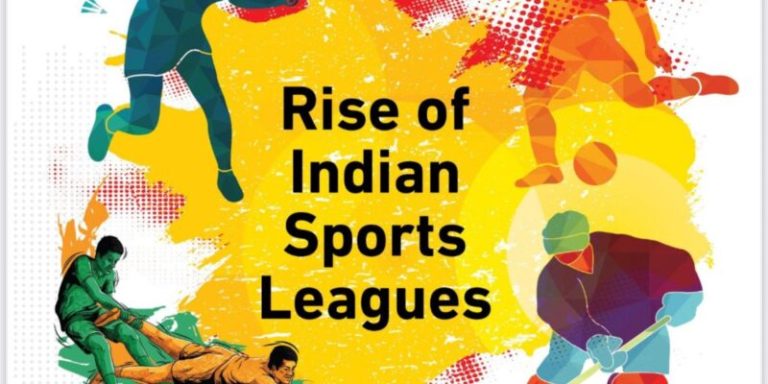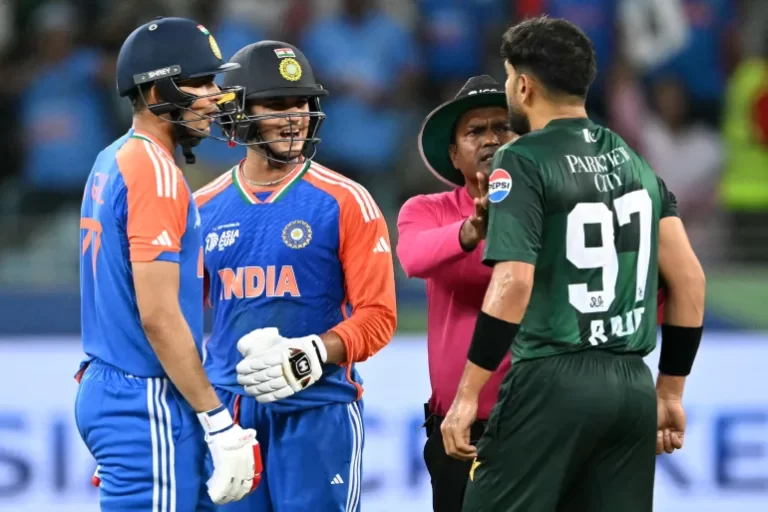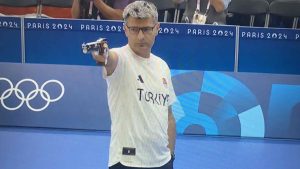In Villepinte, France, an unexpected turn of events marked the opening round of women’s boxing at the Paris Olympics. Imane Khelif of Algeria emerged victorious against Italy’s Angela Carini, who abruptly ended their bout just 46 seconds into the first round.
Carini, visibly distressed, did not shake Khelif’s hand and later explained that she had quit due to severe pain from Khelif’s opening punches.
A Painful Decision
Carini’s decision to quit was met with mixed reactions. “I felt a severe pain in my nose and, with the maturity of a boxer, I said ‘enough,’” she said, emphasizing that her withdrawal was not a political statement but a personal choice driven by physical pain.
Despite her abrupt exit, Carini expressed pride in her performance and dedication to her sport.
A Controversial Presence
Khelif’s participation in the Olympics has been debatable due to her disqualification from the 2023 World Championships after failing an unspecified gender eligibility test.
This issue has sparked debate among athletes and officials. The Algerian Olympic Committee condemned the criticism directed at Khelif, labeling it as baseless propaganda.
Support and Criticism
Reactions to Khelif’s win have been polarizing. While some praised her talent and hard work, others, including Italian Premier Giorgia Meloni, expressed concern over fairness in women’s sports.
Meloni argued that allowing athletes with “genetically male” characteristics to compete against women could lead to discrimination against female athletes.
Athletic Achievements
Khelif, an accomplished amateur boxer, won a silver medal at the 2022 International Boxing Association’s World Championships.
Her disqualification from last year’s event, shortly before her gold-medal match, was due to what the International Boxing Association (IBA) claimed were elevated testosterone levels.
Despite the controversy, Khelif remains focused on her boxing career and aims for an Olympic medal.
Angela Carini’s Perspective
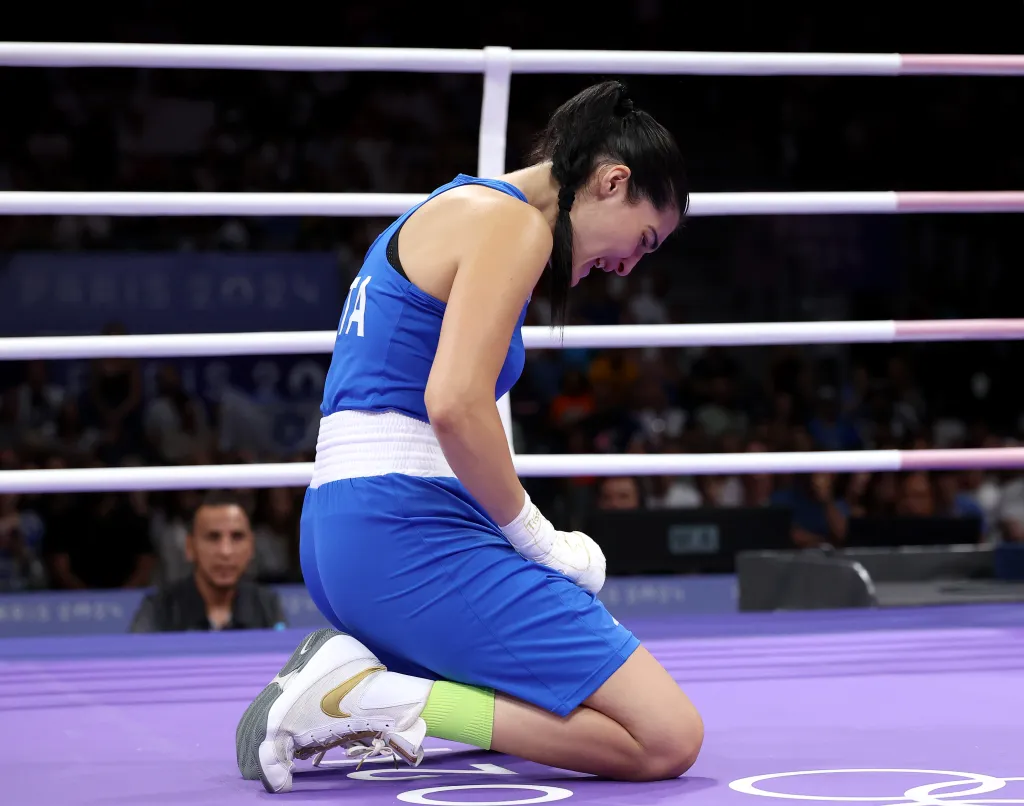
Carini, who received support from Italian Premier Giorgia Meloni after her match, clarified that her decision to quit was solely based on her physical condition. “I am not here to judge or pass judgment,” Carini said, reinforcing that her role was to compete to the best of her ability.
She later expressed her determination to continue fighting with honor and dedication.
The Bigger Picture
The controversy surrounding Khelif and other athletes like Lin Yu-ting of Taiwan highlights ongoing debates about gender eligibility in sports.
Lin, who also faced disqualification issues, begins her Olympic journey in Paris with similar scrutiny. Both athletes have competed at the highest levels, including the Tokyo Olympics, and continue to face significant pressure and public scrutiny.
Official Responses
The International Olympic Committee (IOC) has defended the participation of Imane Khelif and Lin, emphasizing that their eligibility was based on the gender-related rules from the 2016 Rio Olympics.
The IOC criticized the IBA’s handling of their disqualifications and reiterated its commitment to fair competition. The IBA’s governance issues and financial transparency problems have led to its exclusion from the Olympics, with the IOC taking direct control of Olympic boxing.
Looking Ahead
Imane Khelif is set to face Hungary’s Luca Anna Hamori in the quarterfinals. Hamori, who expressed no concern about the controversy, remains focused on her quest for gold.
The IOC’s efforts to maintain gender parity and fair competition continue to shape the landscape of Olympic boxing as athletes like Khelif strive to prove their capabilities on the world stage.
Imane Khelif’s journey at the Paris Olympics is a testament to the complexities and challenges of modern sports.
As debates about gender eligibility continue, the focus remains on the athletes’ dedication and talent. Khelif’s story, marked by controversy and perseverance, underscores the evolving nature of competitive sports and the ongoing quest for fairness and equality.

